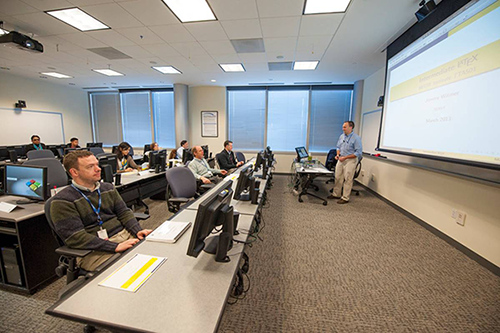
The World as It Will Be: Workforce Development Within and Beyond MITRE
How do we prepare for the inevitable change in the world today? How do we take into account not just the way the world is now – but the way it looks in the future?

How do we prepare for the inevitable change in the world today? How do we take into account not just the way the world is now – but the way it looks in the future?
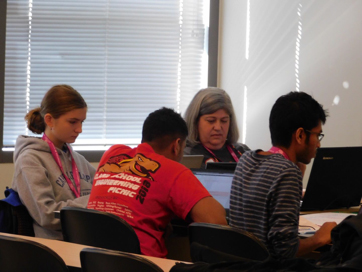
Somewhere on a whiteboard in a classroom at the Universities of Shady Grove, swims a fish. Drawn in black marker, complete with a fedora, sunglasses, and a goatee, the sketchy-looking ichthyoid intones into a word bubble…

Is artificial intelligence (AI) the way of the future… or already the way of the present?
Applications of AI surround us in our daily lives – ever use an app to get around traffic? How about checking your social media feeds? As our society integrates AI into our daily lives, it’s important to note that the upcoming generation has always lived with AI.

The process of neural interactions and visual interpretation happens every time your brain wants to identify literally anything you look at.
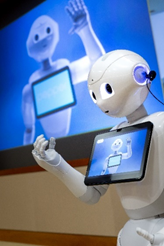
Imagine waiting 30 minutes or longer to get through to a customer service center and when your call is finally answered, you can’t understand what the service representative is saying because you have a hearing impairment. Or you place a call to your doctor but aren’t able to communicate your needs to the medical staff because your speech is impaired. Or you are a child with autism and being in a classroom and interacting with your teacher and classmates overwhelms you with anxiety.

You are part of the design team tasked with implementing a modern chip-and-PIN ATM system for your newest customer: a large banking chain. The bank has contracted an outside firm to design the user interface of the ATM and wants to maintain the existing bank administration software they currently use…

Blockchain has essentially created a new type of internet in which information can be widely distributed without relying on traditional centralized architectures…
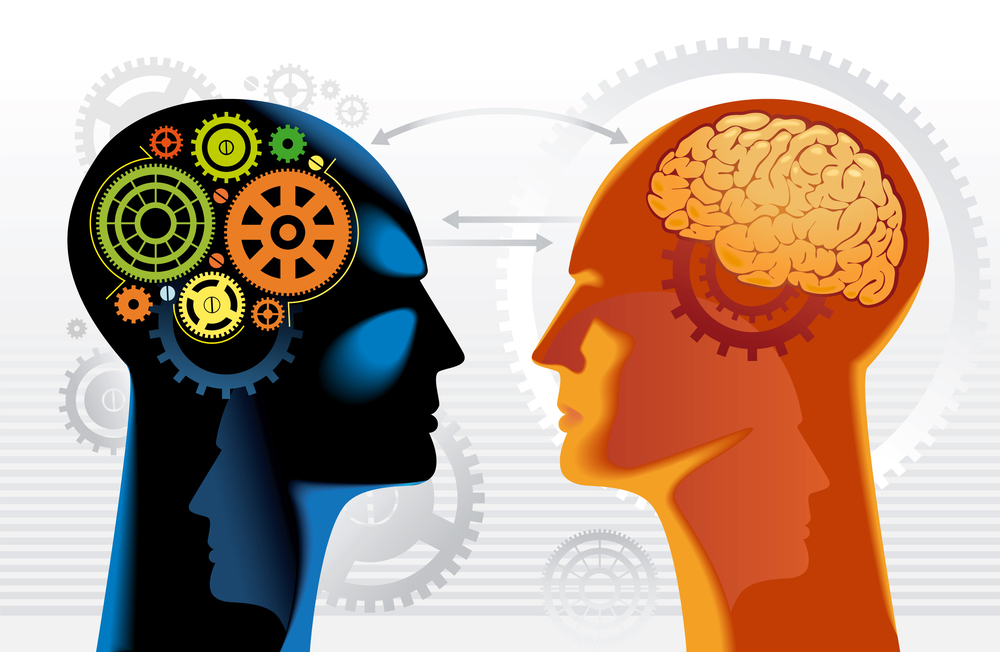
On March 12, 2018, Microsoft’s Artificial Intelligence (AI) and Research group announced: “We find that our latest neural machine translation system has reached a new state-of-the-art, and that the translation quality…

Autonomy is a broad and complex topic, overlapping with artificial intelligence, unmanned systems, and human domains, with each domain needing to leverage …
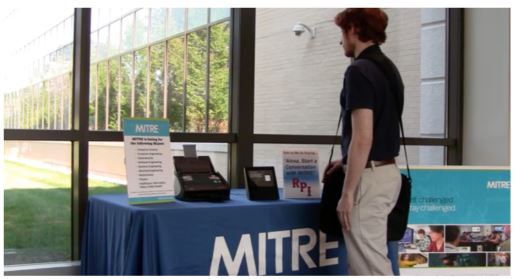
Intelligent voice assistants like Amazon’s Echo and Google Home are quickly becoming an integral part of our daily lives. Echo adoption …
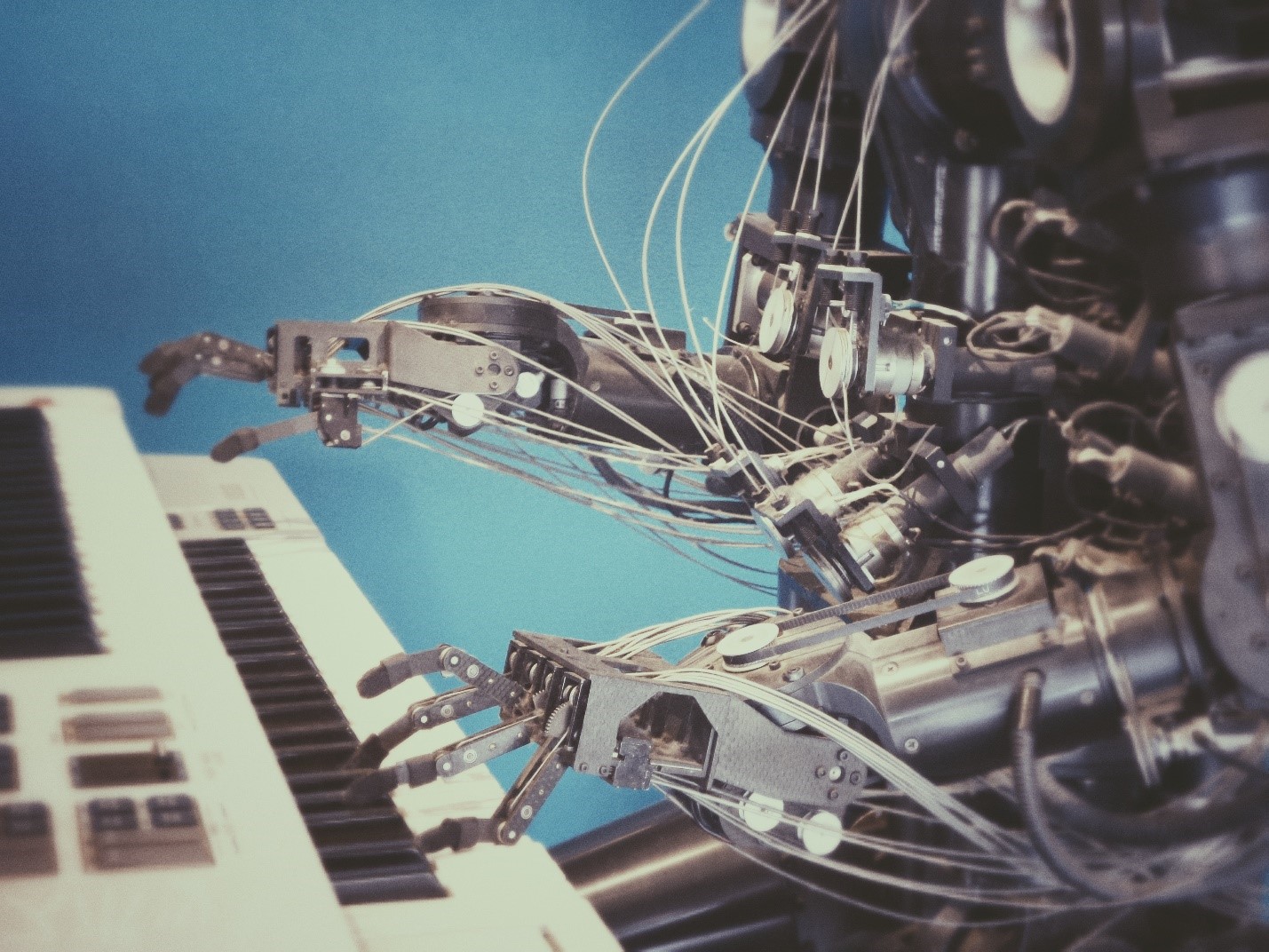
When you hear the word autonomy, it tends to be in the context of autonomous vehicles – self-driving cars that take passengers wherever they need to go without the need for human input…

MITRE believes that data is the next medical innovation in health. How might connecting people and data reinvent the health experience? To find out, a team of researchers developed Home Assessments for Prompt Intervention (HAPI), a serious game that uses Microsoft Kinect-based joint tracking to detect critical changes in patients with cerebral palsy…

Applications in Data Science: Anti-Fragility in Action…

Data Science Practitioners…

An electronic flight bag (EFB) may typically be used to replace pilots’ paper charts, but with some new developments, it could start to be more of a cognitive assistant. MITRE researchers….

There’s thinking about, talking about, and doing, and they all have a time and place in any domain. With data science, though, doers rule. A big bucket of ostensibly random stuff in the hands of a skilled practitioner becomes the stuff of art. Yup, even data about a fire hydrant.—Editor

In her previous post, Technical Challenges in Data Science, Amanda Andrei discussed the need for technical vigilance and with experts Dr. Elizabeth Hohman, statistician and group leader within MITRE’s Department of Data Analytics, and Dr. Eric Bloedorn, senior principal artificial intelligence engineer. Tools and models, however carefully managed, tell, of course, only part of the story. Data scientists are people, and they and the tools they use reside within organizational cultures, which may require as much training as the data to hand.—Editor

As Amanda Andrei mentioned in her previous post, Defining, Applying, and Coordinating Data Science at MITRE, we are generating 2.5 million terabytes of data a day, and the need for data science teams and individual contributors is crucial for moving what we find up the spectrum to knowledge that we might usefully….

For a long time I have thought I was a statistician, interested in inferences from the particular to the general, wrote mathematician….
